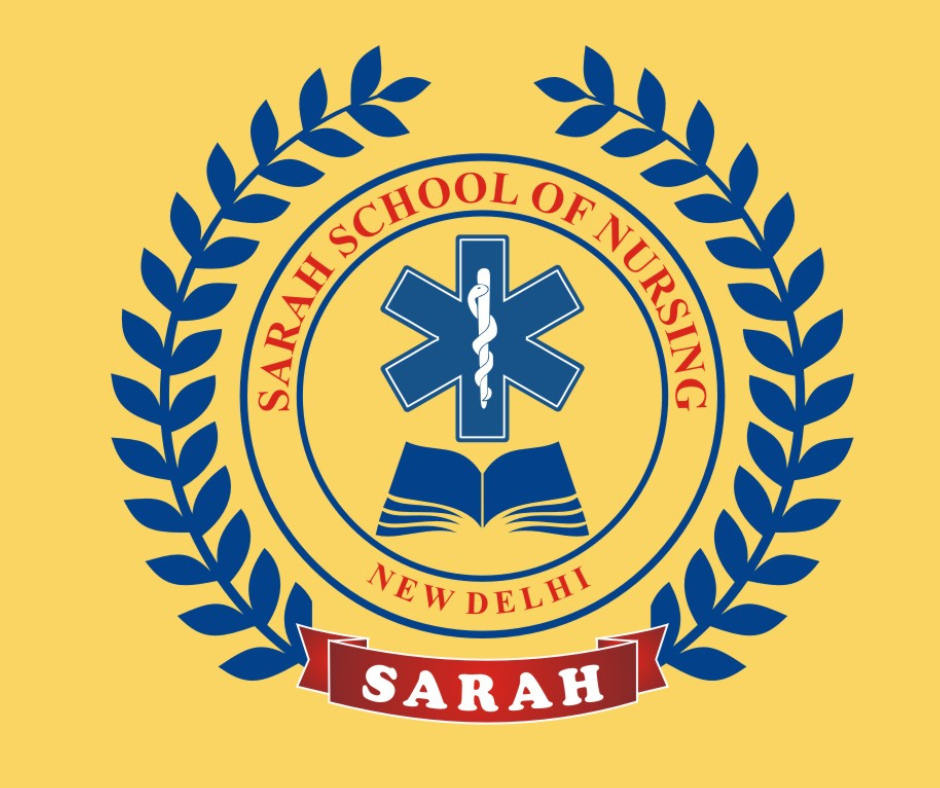GNM
“Empowering Care, Inspiring Confidence”
📘 Program Objectives
Develop competent, ethical, and skilled nurses Strengthen core knowledge of medical-surgical, maternal, and community health nursing Prepare nurses to provide safe, compassionate, and evidence-based care Foster leadership, decision-making, and communication skills in clinical settings
📚 GNM Curriculum Highlights
🔹 Introduction to GNM Nursing
Role & Importance: Understanding the critical role of GNM nurses in healthcare delivery systems.
Key Responsibilities: Maternal and child care, patient monitoring, immunizations, hygiene, infection prevention, and family health education.
🔹 Anatomy & Physiology
Basic structure and functions of the human body
Special emphasis on the reproductive system and its relevance to midwifery
🔹 Community Health Nursing
Community Health: Concepts, principles, and practices of community health nursing.
Healthcare Programs: National health programs, policies, and primary healthcare.
🔹 Family Planning
Contraceptive Methods: Various methods of contraception and their usage.
Counseling: Family planning counseling techniques and practices.
🔹 Environmental Sanitation
Sanitation Practices: Importance of environmental hygiene and sanitation.
Waste Management: Safe disposal of healthcare waste.
🔹 Primary Health Care & Health Center Management
Primary Health Care: Principles and components of primary healthcare.
Health Center Management: Administrative and management skills required for running a health center.
🔹 Professional Trends & Adjustment
Professional Ethics: Code of ethics for nurses and midwives.
Career Development: Opportunities for professional growth and development in nursing
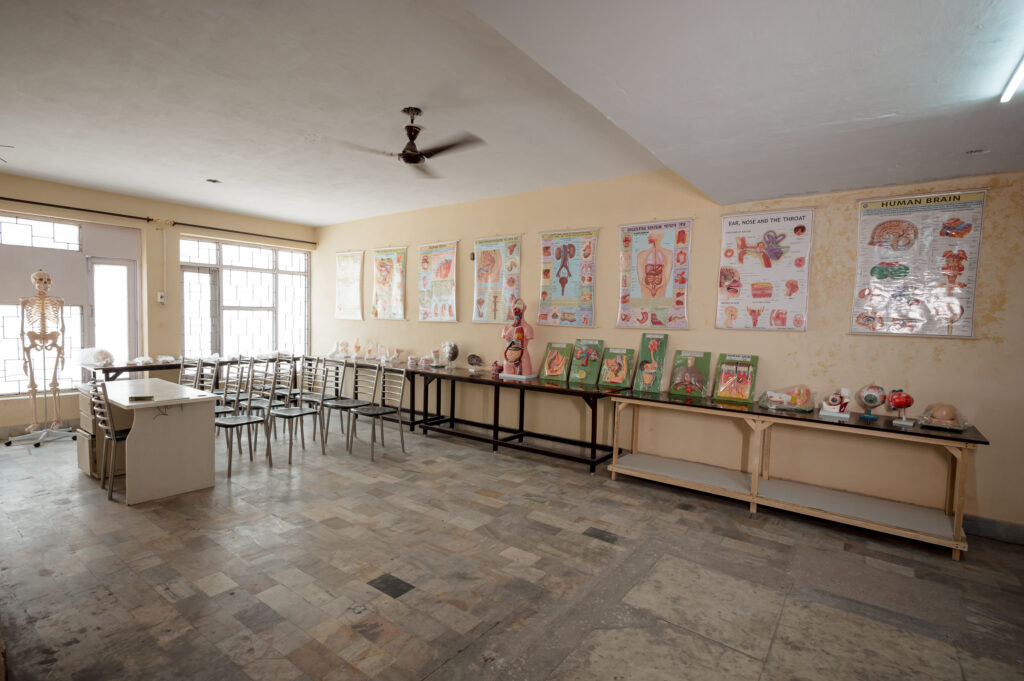
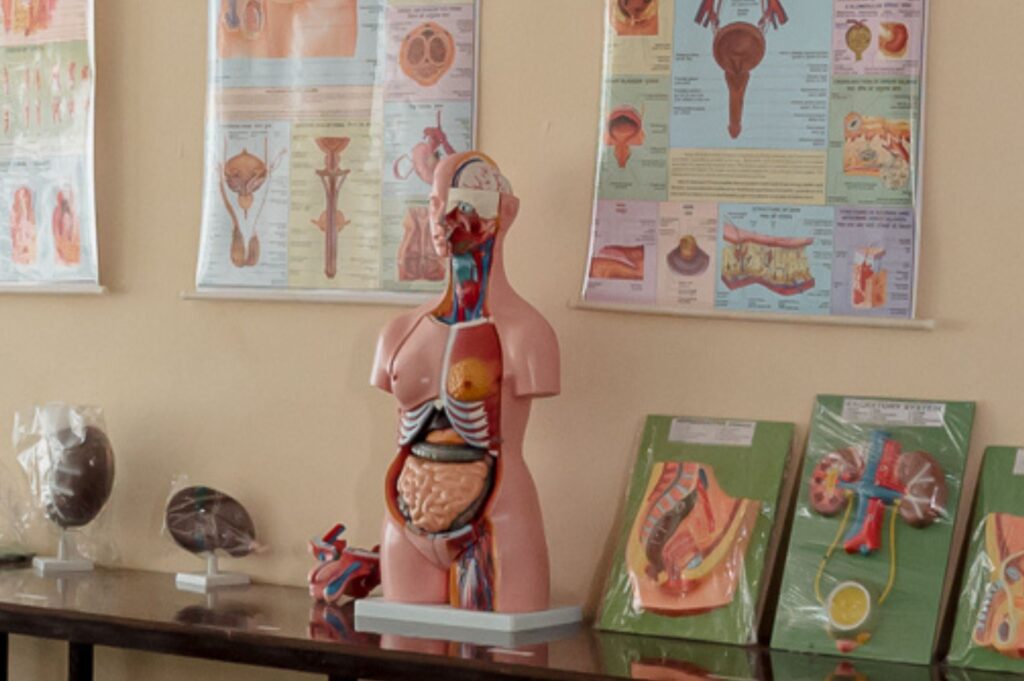
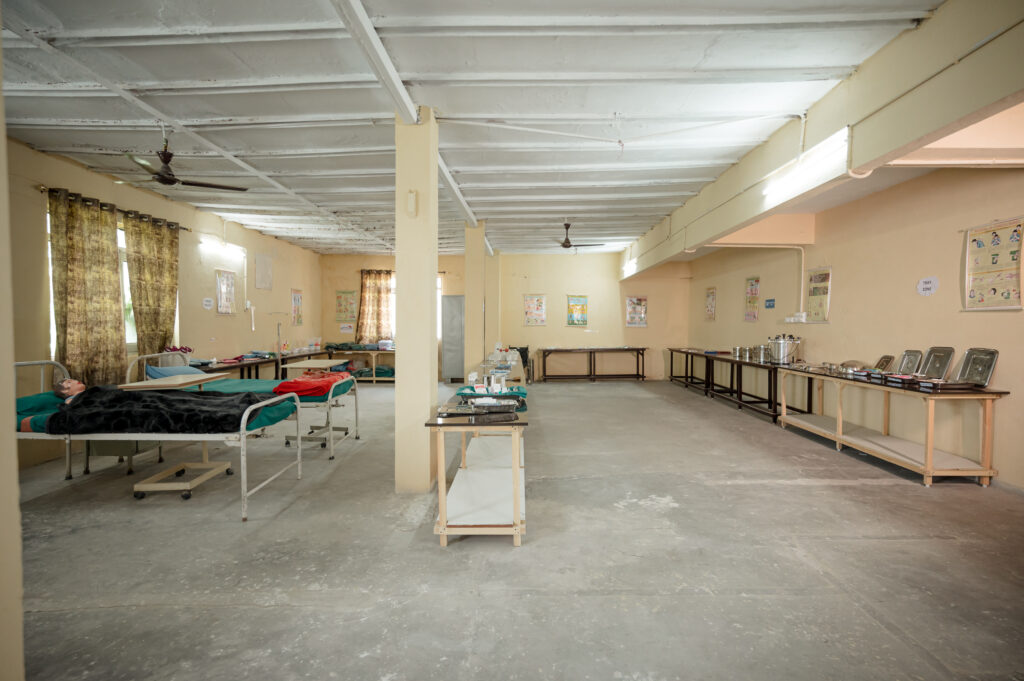
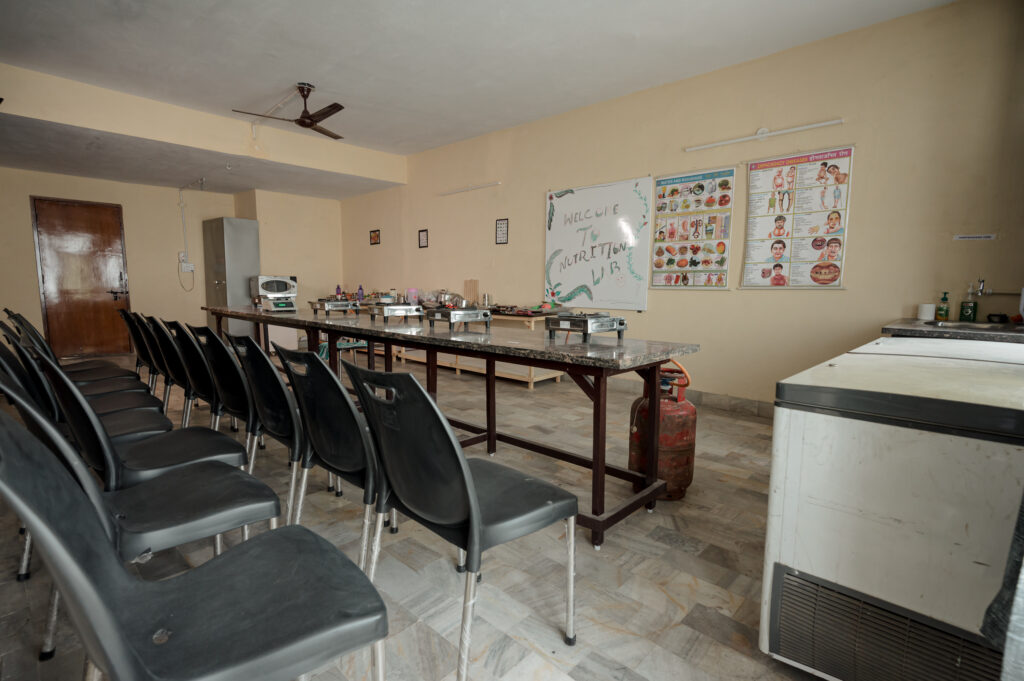
🔹 Midwifery & Obstetrical Nursing
Prenatal Care: Antenatal care, risk factors, and complications during pregnancy.
Labor and Delivery: Stages of labor, management of normal and complicated deliveries.
Postnatal Care: Care of the mother and newborn, breastfeeding, and immunization.
🔹 Child Health Nursing
Growth and Development: Stages of child growth and development.
Common Childhood Illnesses: Identification and management of common illnesses in children.
🔹 Nutrition
Nutrition Basics: Importance of balanced diet and nutrition.
Maternal and Child Nutrition: Nutritional requirements during pregnancy and childhood.
🔹 Health Education & Communication Skills
Health Education: Principles, methods, and techniques of health education.
Communication Skills: Effective communication techniques with patients and communities.
🔹 Infection Control
Infection Prevention: Techniques to prevent and control infections in healthcare settings.
Sterilization and Disinfection: Methods of sterilization and disinfection.
🔹 First Aid & Emergency Nursing
First Aid Basics: Principles and techniques of first aid.
Emergency Care: Management of emergency situations like burns, fractures, and poisoning.
🔹 Health Problems & Policies
Health Issues: Common health problems and their impact on the community.
Health Policies: Overview of health policies and their implementation.
Contact with us
Information
- KH-241, GT Karnal Rd, near Jain Mandir smarak, Budhpur, New Delhi, Delhi, 110036
- sarahschoolofnursing@gmail.com
- +91 85271 64246
